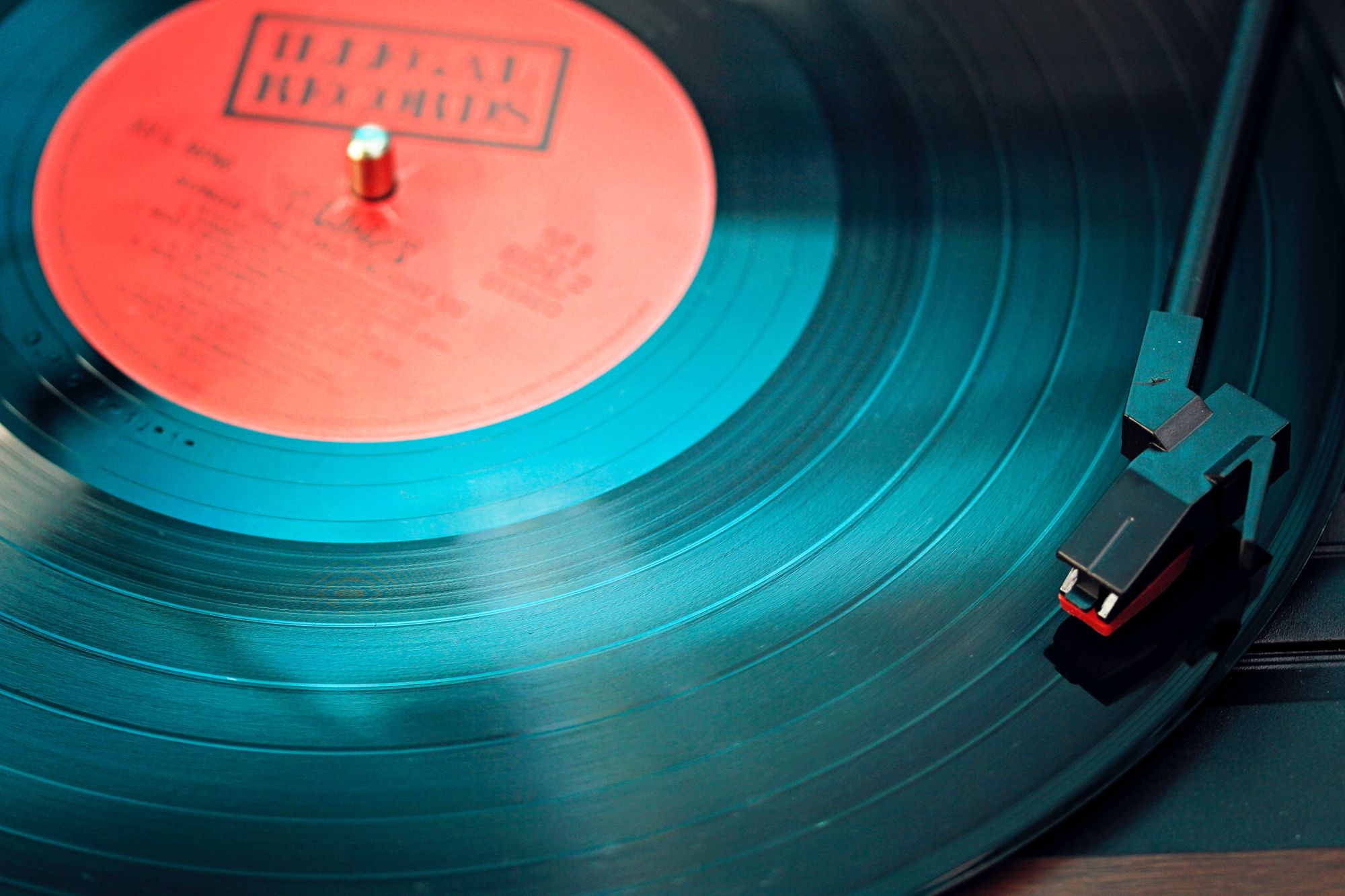
Using Music to Boost Creativity
Many things inspire creatives, particularly writers. A certain location might stimulate your writing juices. Writing at a particular time of day could prompt your creative flow. Anything that ignites the five senses can generate artistic efforts.
Burning incense creates a certain atmosphere. Watching old movies can inspire screenwriting. Cooking, using your hands to create delectable dishes, can inspire ingenuity. Tasting those dishes can transport one to another time and place.
But perhaps one of the most powerful practices for creativity is listening to music.
Listening to music generally puts us in a good mood and prompts “divergent thinking,” and it can lower our creative barriers and open up a dam of creativity. Principal investigator at NYU’s Creative Brain Lab and chair of psychology at Northwestern University says, “For breakthrough moments of creativity, positive mood is generally helpful,” so use that momentum to get in a creative zone.
Music can fit a certain project, a certain mood, or a certain atmosphere. If you’re at an isolated cabin in the woods, and it’s snowing outside, the soothing notes of classical music might cater to the atmosphere. If you’re having writer’s block and feeling a bit edgy, soft rock might be the balm you need to assuage your temperament.
One of the best fits for music is to fashion it for a project you’re working on. You have to sync with the characters and environment of what you’re writing. What’s the best music to mainline to your brain to propel you into that mental space? Flipping through stations or scrolling through playlists can be time consuming, so it’s more efficient to just curate your own playlists.
If you’re working on a novel, which is a long-term project, more than one playlist may come in handy, depending on how many songs you have on each playlist. One type of playlist to compose is one that relates to the genre you’re writing. If you’re writing a historical drama, classical fits the bill. If you’re working on a detective thriller set in the 40s, Big Band music or crooners like Frank Sinatra could be an asset. If you’re writing a true crime book, hard-edged alternative rock like Radiohead or Coldplay could get your mind and fingers racing.
If you’re working on a screenplay, a much shorter endeavor than a novel, your playlist should possibly be a little briefer and punchier. A script has three acts. You could have a different playlist for each act or one for the whole project. The right music can put you into the mindset to write your heart out. Here are some apps that can help you design the ideal playlists.
Before putting your lists together, it could be a good idea to discover new music or dig up old favorites that you hear in a public place. One of the best apps for that is Shazam. Just hold up your phone and within a few dusky notes, it identifies the song that’s playing. The music you discover can be favorited and saved.
Another way to mine obscure songs or tunes you hold dear is to digitize your vinyl records. It’s a long process but worth it. Besides having your favorite music stored online for convenience, if anything happens to your albums or records, you have them safely stored. You can do this lengthy process with a USB turntable and cable.
One of the best and easiest apps for putting together a playlist is Spotify. They have a large library, and it’s an easy process to make various types of playlists, no matter the length. OG music platform Pandora also makes it easy to develop mental destination music. Amazon Music has a large music catalog and a bevy of host features that simplify managing your playlists. Radioooo not only has music by decades, it also offers international selections. There’s also a category that offers music from the cinema throughout the various eras.
As far as genres to listen to, here’s a breakdown of certain songs from certain types of music that spur the imagination. Classical is a perfect genre to listen to while writing because there are no lyrics to divert your attention. In classical, Vivaldi’s Four Seasons is one of the best. Considered one of the first “music programs,” it’s a magnificent aural journey through various tones that suit shifting seasons. Schumann’s Violin Sonata No. 1 is “programmatic,” meaning it tells a story through the music, not words, and can carry one to the emotional territory you need to go to.
Jazz can function as the perfect background melody. John Coltrane’s A Love Supreme and Miles Davis’s Kind of Blue are on the Mount Rushmore of great jazz albums. Many gems can be plucked for your playlist.
Live music is also an option. Whether you go to a concert or a piano bar, the sounds of live music can touch the soul in a different way than recorded music. While it may not be ideal to write in these settings, the atmosphere can inspire you to write later. Or smaller music venues might allow you the freedom to take notes or write. A hotel or airport lounge with the tinkling of the ivories in the background can be a stimulant for the mind and is an interesting location to write in.
Music is life. And as such, can give life to your imagination. Consider it a conduit to the temples of your mind and create your playlists accordingly.
*Feature photo by Elviss Railijs Bitāns (Pexels)